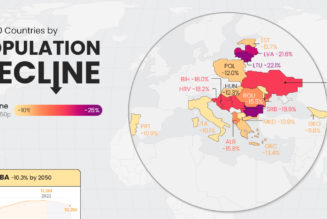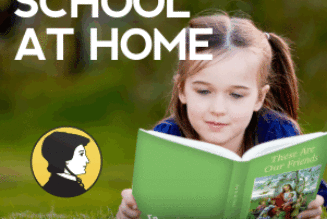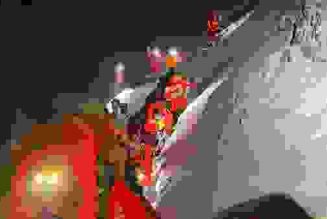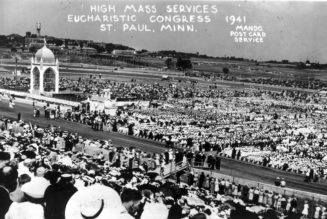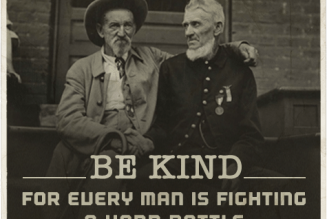“The household is the association established by nature for the supply of man’s everyday wants.”
Aristotle, Politics
Experience shows that changes that happen slowly can go almost unnoticed, even when they have significant negative consequences. Perhaps the most striking instance of this in modern times—maybe ever—is the evisceration of our home life.
Steadily, the human activities that by earlier accounts were ‘ordinary’ and pertained to everyday life, have either sunk into oblivion or been transformed and removed from what seemed their natural context. Home.
Viewed as it often is through the lens of social sciences, this change in our lives—for that it surely is: a change that deeply affects each of us—is reckoned as empirical data, intertwined with other data of how ‘things are changing.’
But viewed from a philosophical viewpoint, from what might be called a wisdom vantage, it can be reckoned as a catastrophe of epic proportion, a tsunami sweeping away the contexts and connections so central to human flourishing. And it is a development firmly tied to free choices made over the course of generations. Choices that can still, at least to some real extent, be unmade, if there is a will and a vision to do so.
Aristotle saw the household as a community the existence and basic outlines of which are demanded by human nature. Having almost limitless cultural variations, the household nonetheless has certain clear lines and functions precisely because of the needs of people in their everyday life. These transcultural human needs are rich and multi-form, including food, warmth and shelter as well as personal presence, relationship, and moral direction.
An active and well-functioning household is at once nature’s demand and nature’s proffer. At home is where most all of us—young, middle-aged, and old—can discover, form, and exercise basic aspects of who we are. All our life long. And this is done in a variety of activities that are ordinary—or should be ordinary—precisely because these activities are natural expressions of human life.
There is no absolute or exhaustive list. Yet certain general kinds simply must be on it. Eating together, and all that goes with it. Working together. Being at leisure together. Not mutually exclusive, these kinds intertwine and overlap. And it is our challenge to discern how to enact these concretely in our own homes—especially as so many forces pull us outward and away from these ordinary things.
Reading aloud is something that stands out as a concrete but oft overlooked treasure. Beyond reading picture books with the very young—a great practice many people have been able to preserve—here I mean something more. Reading aloud is a way to engage and bring together everyone, at various times in various ways.
An excerpt from a classic; a short story; a reflective essay; humor; history. Holy Writ. As it becomes more and more difficult to find contexts for good conversation and richer ways of being together, reading aloud is an irreplaceable tool for uniting people and lifting them to a realm where their minds can move in one space.
This is of course one suggestion. The revitalizing of our homes will come down to our concrete choices to do particular things. While the big picture can be daunting, this should not deter us from taking simple steps right at hand. We can focus on people, or more specifically on their faces. And we can start anew to live together in some ordinary but oh so rich ways. Such as by reading aloud together. ~ ~ ~
NEW Video Series Reading Aloud, with tips and demo. Check out all 3.
“If he should try to indict me, I think I would find his weak spots and the talk in court would be about him rather than about me.” Plato, Euthyphro “The ear that listens to life-giving reproof will dwell among the wise.” Proverbs One reason to read great works is the…
“…while, from a very small piece of ground, a large part of the food of a considerable family may be raised, the very act of raising it will be the best possible foundation of education of the children of the laborer.” William Cobbett, Cottage Economy (1824) One of…
“Fasting is the guardian of chastity.” Thomas Aquinas We have a problem with the marital act. Please allow me to speak frankly. Many engage in it who should not. Even for many who are married, intimacy is not what it can and should be. And these two facts only begin…
Husband, father, and professor of Philosophy. LifeCraft springs from one conviction: there is an ancient wisdom about how to live the good life in our homes, with our families; and it is worth our time to hearken to it. Let’s rediscover it together. Learn more.
Join Our Telegram Group : Salvation & Prosperity




